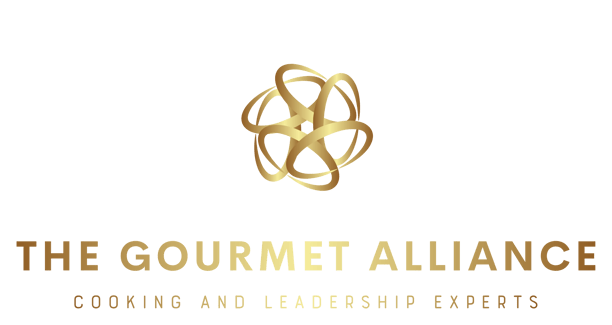THE 3 FUNDAMENTAL PILLARS FOR SUCCESS! How to define clear objectives and build a HIGH PERFORMANCE team with EXCELLENCE as a FUNDAMENTAL VALUE in the GASTRONOMY.
In the world of Gastronomy, success is no accident; it is the result of careful planning, effective teamwork, and a commitment to excellence. I share with you what I call: “The three fundamental pillars to achieving success” - Defining objectives - Building a high-performance team - Excellence as a core value 1. Defining Objectives: The First Step Toward Success It is crucial to have a clear vision of what you want to achieve. Defining objectives not only provides direction but also serves as a compass guiding every decision and action. Objectives should meet the following criteria: - Be specific: Objectives must be clear and precise. Avoid ambiguity and ensure that all team members understand exactly what is expected. - Be measurable: Establish criteria to measure progress. This allows you to evaluate whether you are on the right track and make adjustments if necessary. - Be achievable: While it is important to aim high, objectives must be realistic and feasible. An unattainable goal can demotivate the team. - Be time-bound: Set a deadline for achieving each objective. This helps maintain focus. 2. The Power of Teamwork A high-performance team is not just a group of people working together but a collection of individuals who share a common vision, complement each other, and are committed to excellence. The pillars for building such a team are: -Effective Communication: Open and honest communication is essential. Every team member should feel comfortable sharing ideas, concerns, and feedback. -Trust: Trust is the foundation of any strong relationship. In a high-performance team, members trust each other's skills and commitment. -Clear Roles: Each team member must understand their responsibilities and how they contribute to the common goal. This prevents duplication of efforts and ensures alignment. -Growth Mindset: A high-performance team is always looking for ways to improve. Innovation and adaptability are key. 3. Excellence as a Core Value Excellence is not an act but a habit... When excellence becomes a core value, it is reflected in every aspect of work and interactions. Here’s how to foster excellence: -Exemplary Leadership: Leaders must model their behavior, inspiring the team to follow their example. -Culture of Improvement and Recognition: Foster an environment that values learning and continuous improvement. Celebrate successes but also learn from failures. Recognize and reward efforts. -Commitment to Quality: Do not settle for "good enough." Always strive to exceed expectations and deliver high-quality results. Remember, the path to excellence is a continuous journey. Stay focused, celebrate small achievements, and never stop striving to be better. What strategies do you use to define objectives and foster excellence in your team?
Carlos Devincenzi
2/25/20251 min read
Contenido de mi publicación
